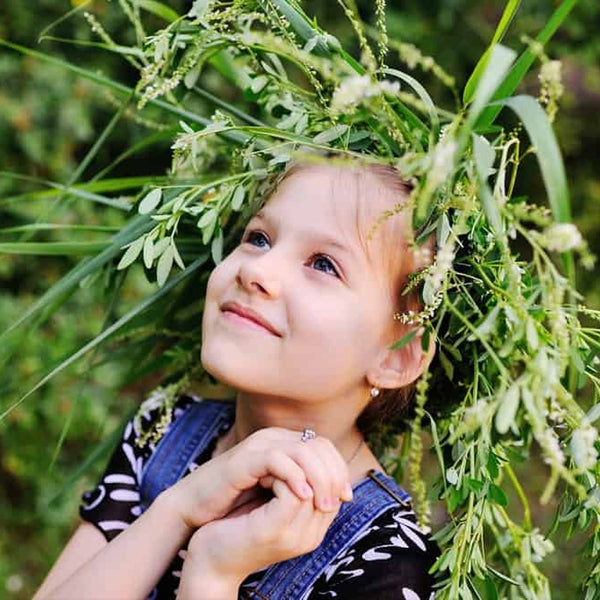
A Guide to Pagan Parenting
- Benjamin WytchWood, Feb 22, 2024
Embracing Pagan Parenting is a transformative journey that infuses the essence of Pagan spirituality into the heart of family dynamics. It's a pathway to guiding our children through the wonderful realms of nature-based beliefs, cultivating a profound bond with the Earth, the cyclical nature of existence, and the myriad expressions of the divine. This holistic parenting philosophy underscores the vitality of celebrating the Earth's rhythms, delving into the richness of rituals and festivals, and fostering an awe-inspiring respect for all forms of life. By weaving spirituality into the fabric of family life, we not only expand the cultural and spiritual horizons of our children but also nurture a deep-rooted sense of unity and connection with the universe that surrounds them.
Deepening the Roots of Pagan Parenting
Pagan Parenting is an inclusive and holistic approach that seamlessly blends the varied practices and beliefs of Pagan spirituality with the art of raising children. It honors the diversity within Pagan traditions, from Wicca and Druidry to Heathenry, acknowledging that each family's spiritual journey is as unique as the individuals within it. This path stresses the significance of forging connections with nature, celebrating the seasonal wheel of the year, and cultivating a reverent appreciation for the Earth and all its inhabitants. It champions open-mindedness, creativity, and a supportive environment where children are encouraged to discover and develop their own spiritual pathways.
Embracing Nature and the Seasons
Nature and the cyclical changes of the seasons are at the core of Paganism, mirroring the universal cycles of life, death, and rebirth. These natural rhythms offer invaluable lessons in respect for the Earth and its natural laws. To deepen children's connection with nature, engage them in outdoor rituals and seasonal festivities—sow seeds at Beltane or collect autumnal leaves at Mabon. Encourage their curiosity about the natural world, from lunar cycles to solstices and equinoxes, nurturing a profound and intuitive bond with the planet and its seasonal shifts.
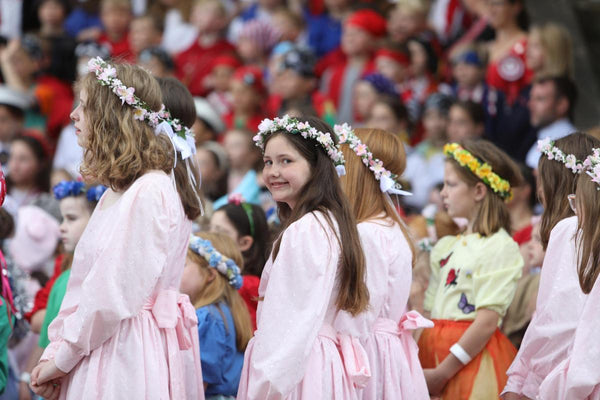
Joyous Celebrations of Pagan Festivals with Children
Introducing children to Pagan festivals offers a vivid, experiential understanding of the yearly cycle, filled with joy and wonder. The Sabbats—including Samhain, Yule, Imbolc, Ostara, Beltane, Litha, Lammas, and Mabon—mark significant points in the seasonal and agricultural calendar. To make these festivals resonate with children, engage in crafting seasonal altars, sharing stories that echo the essence of each Sabbat, and taking nature walks to witness the environment's transformation. Activities like baking festive treats, creating crafts such as Samhain masks or Beltane flower crowns, enrich their experience of these special times, deepening their connection to the cycles of nature.
Crafting a Family Altar
Establishing a family altar is a meaningful way to involve children in Pagan traditions, fostering a collective spiritual ethos. Select a special space together, and encourage your children to choose items that reflect your family's spiritual beliefs and practices, including symbols of the elements, deities, ancestors, or seasonal motifs. Adding natural finds or handmade items personalizes the space. Discuss the significance of each element as you arrange your altar, creating a shared understanding and appreciation for your family's spiritual journey.
Instilling Pagan Values and Ethics
Pagan parenting is deeply intertwined with the principles of respect, responsibility, and kindness. These values are best taught through example—show your children the importance of respecting nature, themselves, and others, emphasizing the interconnectedness of all beings. Foster responsibility with age-appropriate tasks and choices, helping them understand the consequences of their actions. Encourage kindness by practicing empathy and compassion, enriching your family life with the fundamental ethics of Pagan beliefs.
The Magick of Mythology
Within Paganism, mythology is not merely a collection of tales but a vibrant web of stories conveying wisdom, values, and insights into the natural and spiritual world. These narratives are crucial for children, offering perspectives on spiritual and moral lessons integral to Pagan beliefs. Explore a plethora of Pagan-friendly literature and resources tailored for young minds, presenting these myths in engaging and age-appropriate ways. These stories not only entertain but also educate, building a bridge to the ancient traditions and the wonders of the natural world.
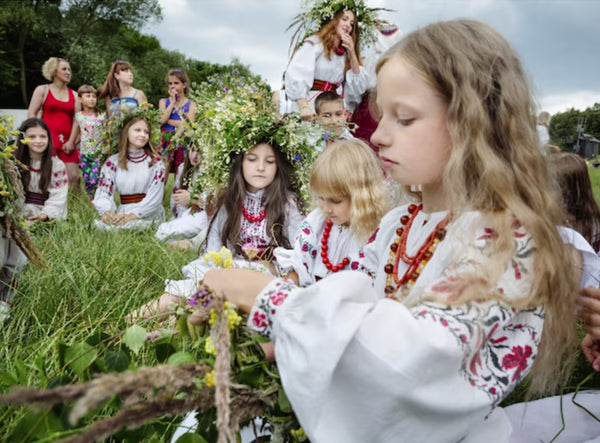
Community and Solitary Practice
Raising children in a Pagan tradition offers the unique opportunity to foster a deep connection with nature, the divine, and the community. For families practicing Paganism, whether in a group or solitary, the experience enriches both parent and child. Community involvement provides a sense of belonging, allowing children to grow within a supportive network that shares common values and beliefs. It encourages participation in group rituals, festivals, and events, nurturing social skills and spiritual growth. Conversely, solitary Pagan parents have the flexibility to tailor practices to their family's needs, fostering a more intimate spiritual environment. This approach allows for personalized rituals, celebrations, and teachings that reflect the family's unique path. Both settings emphasize the importance of nature, the cycles of the year, and the development of a personal relationship with the divine, offering a fulfilling spiritual upbringing.
Challenges and Misconceptions
Pagan parents often navigate unique challenges, including misconceptions about their spiritual path. They may face questions about their practices, the values they teach their children, and how they celebrate traditions. Misconceptions about Paganism can lead to misunderstandings within communities or schools. To address these challenges, open dialogue is key. Educating others about Paganism's nature-centric and peaceful beliefs can dispel myths. It's also vital for Pagan parents to foster environments where their children can confidently express and explain their family's beliefs, promoting understanding and respect in the wider community.
Conclusion
Navigating the journey of Pagan parenting presents unique opportunities and challenges, yet it's a path rich with the potential for fostering a deep connection to nature, the divine, and community. By incorporating the seasons, celebrating festivals, and embedding Pagan values and ethics into daily life, parents can offer their children a spiritually fulfilling upbringing. Whether through community involvement or solitary practice, the key is to approach Pagan parenting with confidence, joy, and openness. Embrace the beauty of this spiritual path, ensuring it enriches your family's life and strengthens the bond between you, the earth, and the wider cosmos.
Video
Here is a YouTube video by The Witches Cookery on raising Pagan kids
Reading
Some books for further reading, click the photo to open the link in a new page:













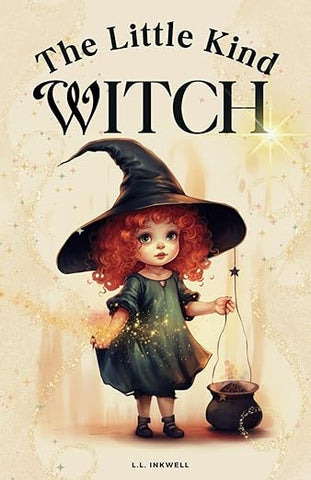
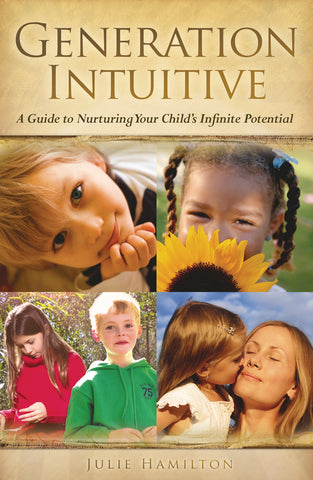
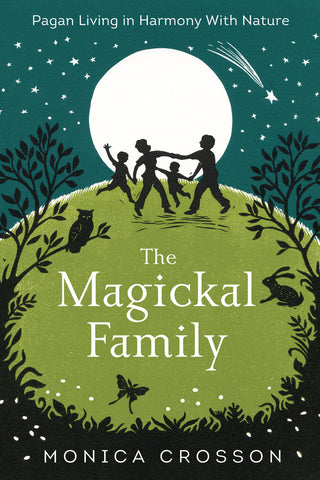
Leave a comment (all fields required)